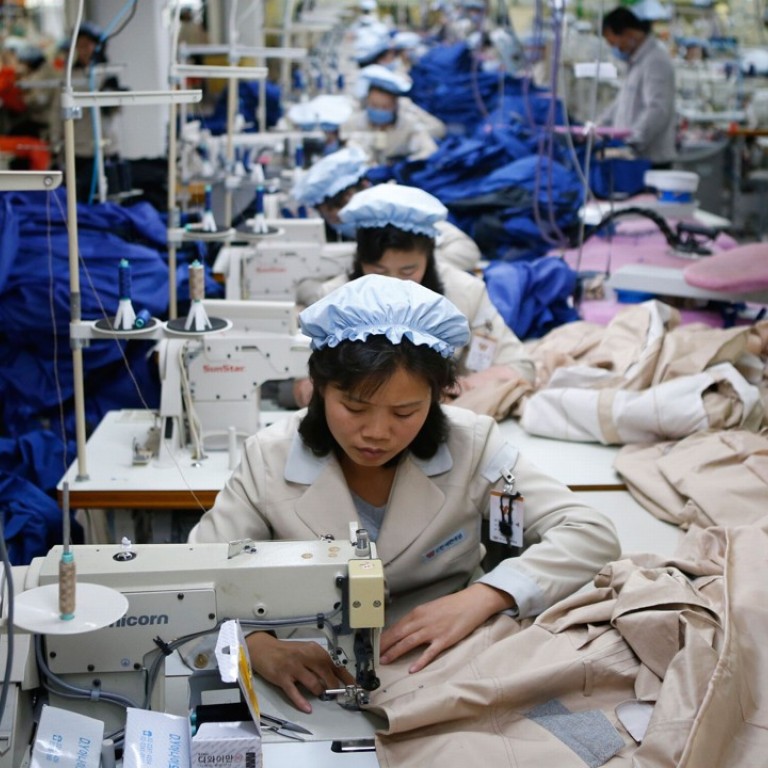
Where’s the money coming from for North Korea’s nuclear programme?
Many of its trade channels have been closed, but Pyongyang still has its illegal arms sales and counterfeit ‘supernotes’
Just days after the United Nations passed a resolution to impose yet more sanctions on North Korea, the hermit nation fired another ballistic missile over Japan.
The UN Security Council on Monday unanimously agreed to adopt a US-drafted resolution to ban textile exports from North Korea and restrict shipments of oil products to the country. Pyongyang responded by saying the United States would “suffer the greatest pain” for its role in the ruling.
While the aim of the sanctions is to choke North Korea’s finances, its repeated missile launches and nuclear explosions suggest it is not yet out of funds. But where exactly is the money coming from?
Weapons sales
According to a UN report published last year, North Korea has a lucrative trade in the sale of unreported items such as encrypted military communications equipment, air defence systems and satellite-guided missiles.
Last summer, Egypt intercepted a North Korean ship carrying 30,000 PG-7 rocket-propelled grenades and other weapons parts, the report said.
A separate report by the Stockholm International Peace Research Institute said North Korea earned US$802 million between 1996 and 2016 from the sale of weapons to countries such as Iran, Syria and Libya.
Forced labour
According to US figures, North Korea earns about US$500 million a year by sending an estimated 100,000 of its people to work overseas.
A UN report released in 2015 said that many of them work in the mining, logging, textile and construction industries. Rights groups have said that any money they earn is sent straight back to the state.
Open North Korea, a Seoul-based NGO, meanwhile estimated that the value to Pyongyang of the North Koreans forced to work overseas was about US$975 million a year.
Counterfeit currency
The United States has long accused North Korea of printing counterfeit US banknotes. It claims that “supernotes” – high-quality fakes – are distributed by North Korean diplomats as they travel aboard and through transactions with European countries, all with the help of Russian agents.
According to a June 2016 report by South Korean newspaper Joongang Ilbo, a North Korean agent was arrested by Chinese officials in the border city of Dandong in northeastern China’s Liaoning province, after successfully converting US$5 million worth of fake bills into about 30 million yuan at branches of Industrial and Commercial Bank of China and the Agricultural Bank of China. Sources were quoted as saying the agent planned to use the money to buy household appliances, which would later be distributed to North Korean people during the celebrations for the anniversary of the birthday of the country’s founder, Kim Il-sung, and at the ruling Workers’ Party congress, the first of its kind for 40 years.
In a BBC report screened in 2004, experts from South Korea’s intelligence agency refused to believe the fake US bills shown to them by a defector from North Korea were not real.
Cybercrime
In March, The Wall Street Journal reported that hackers from North Korea – with help from associates in China – stole US$81 million from Bangladesh’s account at the New York Federal Reserve. The hackers breached Bangladesh Bank’s systems and used the Swift messaging network to request nearly US$1 billion from its account, the report said.

